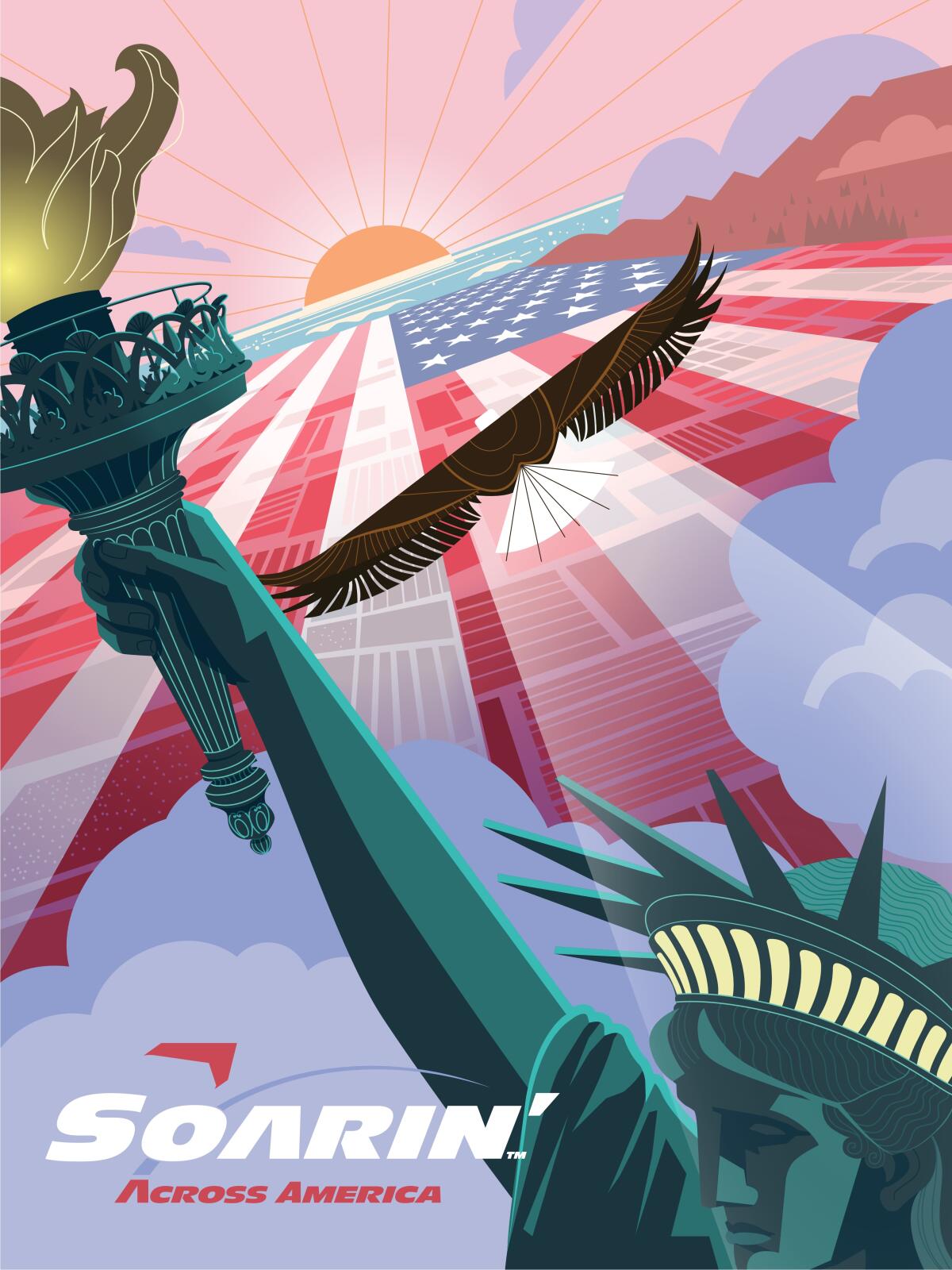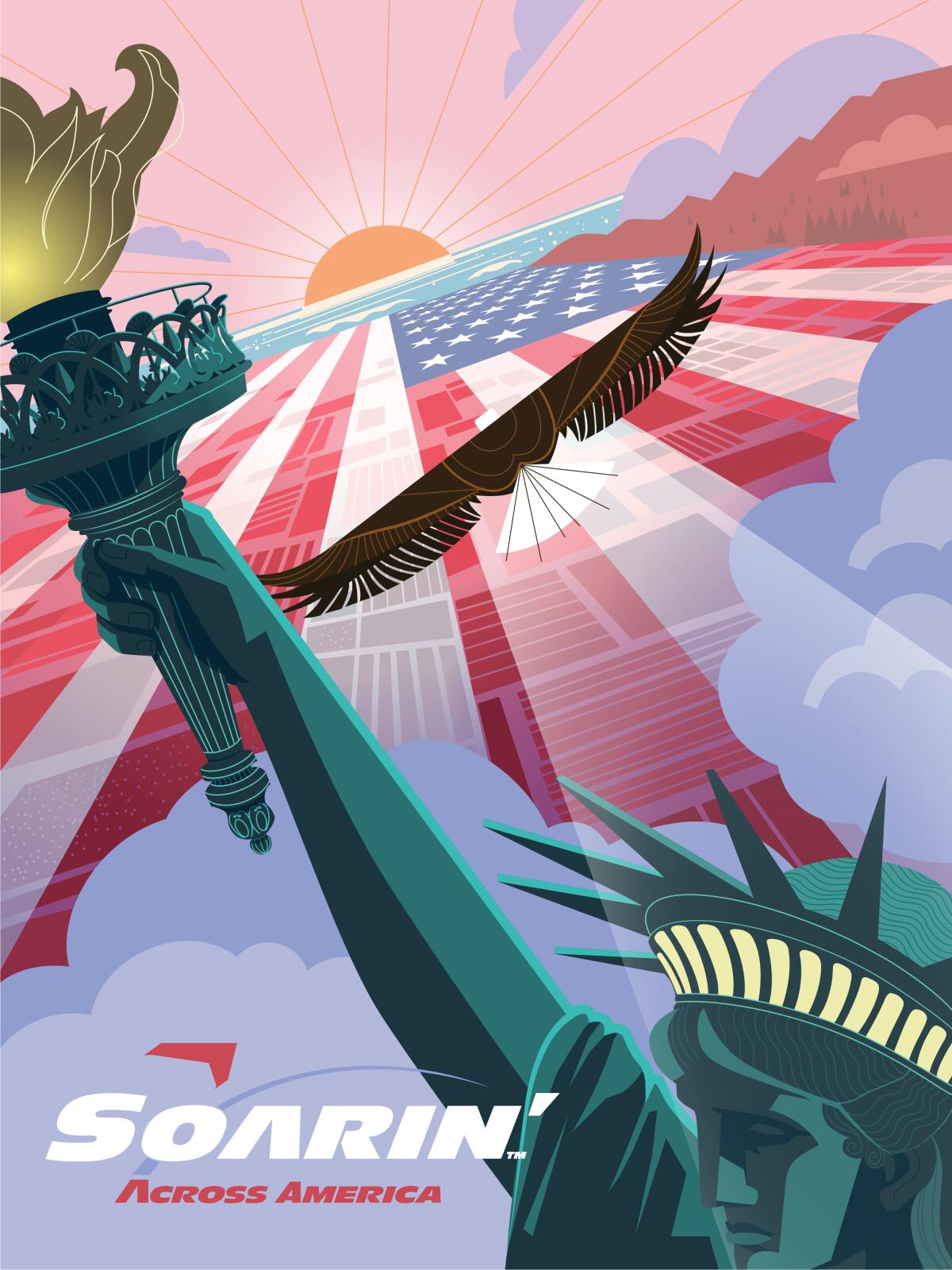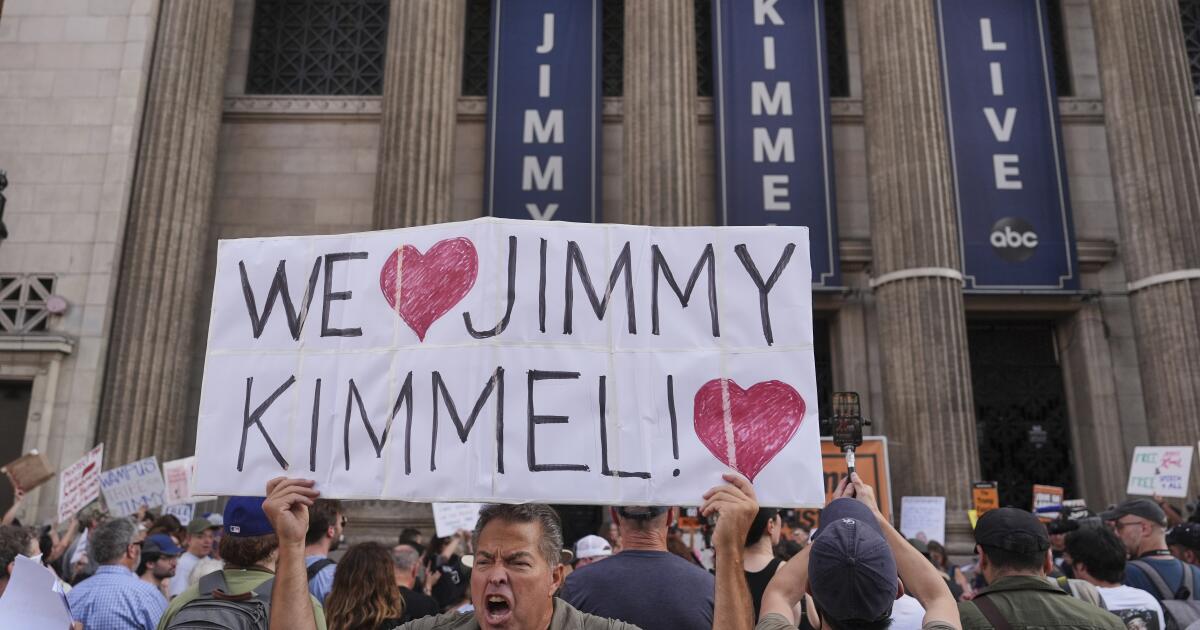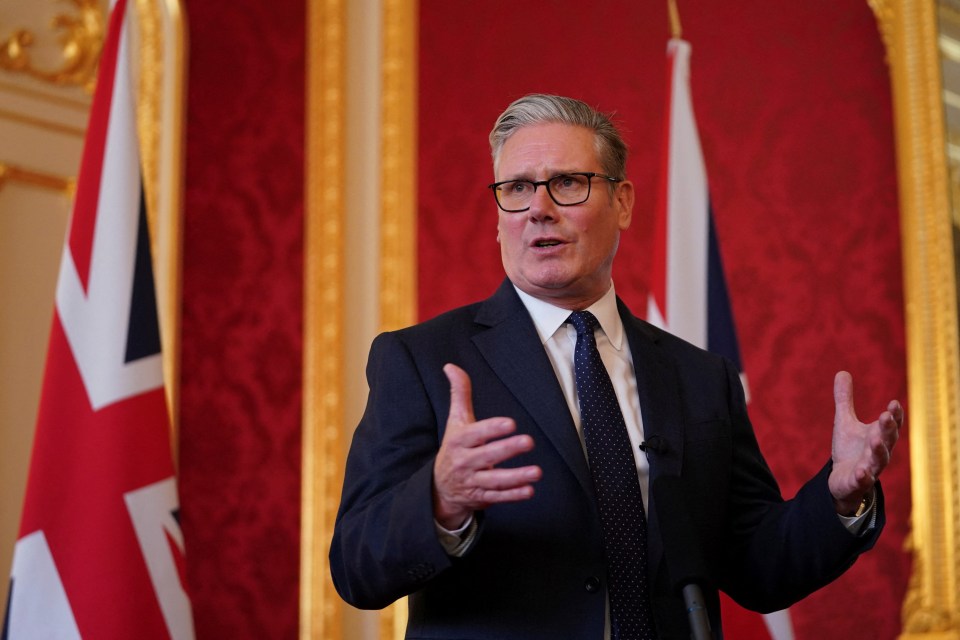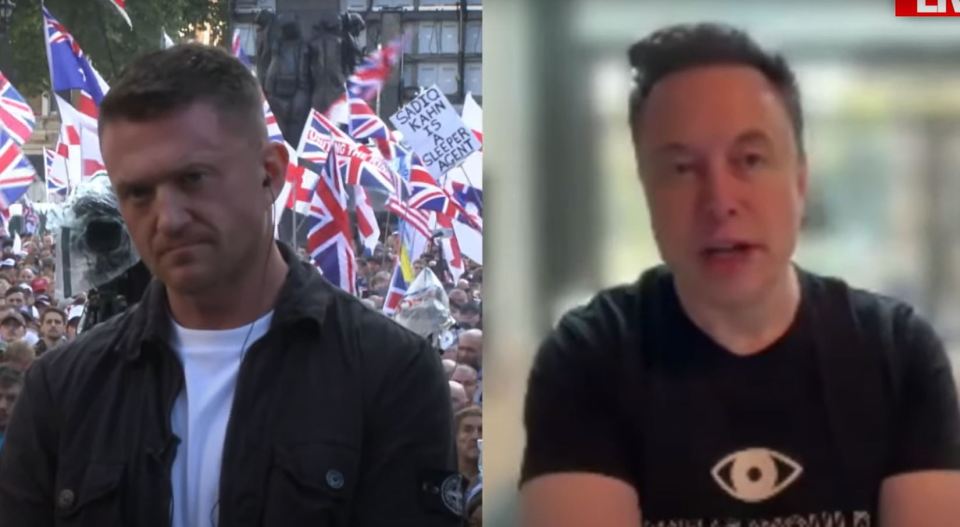Those who bewail the state of American politics in the late 20th century–and particularly critics prone to see modern leaders as badly diminished reflections of the titans who presided in the era of our nation’s founding–might well contemplate the events of July 11, 1804. Shortly after dawn, on the Jersey shore opposite Manhattan, the vice president of the United States fired a high-caliber bullet into the body of a political adversary, then fled.
Alexander Hamilton, the author of most of the Federalist Papers, George Washington’s closest advisor and the first secretary of the Treasury, died in agony 36 hours later. Aaron Burr headed off on a tour of the Southern states, where his friends welcomed him enthusiastically; he returned to preside over the Senate in November. Dueling was a felony in New York and New Jersey, and to kill a man in a duel a capital crime, but Burr was never tried for shooting Hamilton.
The Burr-Hamilton duel is the kind of incident history professors love to employ as a means of disabusing students of the impression that people in the past were like us, except that they dressed funnier. Indeed, nothing more accurately measures the cultural gulf that divides the early republic from our own day than the impossibility of imagining that Newt Gingrich could so offend Al Gore that the vice president would pump a slug into his abdomen as a means of defending his honor. But the duel remains no more than a historical curiosity unless we can answer two questions: Why did it happen? And so what?
Arnold Rogow, a distinguished political scientist, boldly addresses both questions in “A Fatal Friendship.” Previous writers have tended to cast the eminent patriot Hamilton as the victim of an amoral, ambitious Burr–which is unsurprising given that Burr’s next major career move was to organize a conspiracy in 1805 to detach the western territories from the United States, conquer Mexico and set himself up as ruler of both. Rogow by contrast maintains that Burr was no more of a political loose cannon, and less of a psychological one, than his victim; that Burr has had a worse reputation than the facts warrant and that Hamilton has enjoyed a better one than he deserves. Rogow paints the two as morally equivalent and equally flawed characters: arrogant, vain, impecunious, sexually voracious, power-hungry and insatiably ambitious. Hamilton knew how to antagonize Burr because he saw Burr as his own mirror image. Because Hamilton knew exactly what he was doing, Rogow concludes, he bears equal blame for his death.
Elements of this interpretation have been around for a long time. In 1889, Henry Adams surmised in his “History of the United States During the Administrations of Jefferson and Madison” that Hamilton, depressed at the death of his son and the decline of the Federalist party, deliberately provoked a duel to end his life without the taint of suicide. Claude Bowers concluded in 1925, on the basis of detailed comparisons, that “no other two men in the America of their day were so much alike” as Burr and Hamilton. Four decades ago Douglass Adair argued that the qualities Hamilton detested in Burr were his own, projected in “the process by which a man identifies in an antagonist his own secret desires.” Rogow goes further, suggesting that Hamilton’s obsession with Burr grew out of a repressed homoerotic attraction, “experienced as unacceptable in terms of prevailing social and introjected models of masculinity.” Hamilton so loathed Burr–and himself–that he sacrificed his life in order to destroy Burr’s future in politics.
Rogow explains the duel in psychologically compelling terms, and it would be hard to find more compelling ones than those he proposes. Yet the highly interior quality of his argument–its reliance on motives that can only be inferred from the elliptical and fragmentary writings of the participants–imposes enormous demands on the evidence. Rogow tries to prove his case indirectly by demonstrating the parallels between Burr’s and Hamilton’s lives and characters at every point from childhood to their post-revolutionary careers.
The result is a narrative so thick with ifs and maybes that even Rogow loses his way. For example, early in the book, he argues that Hamilton had a long adulterous relationship with his wife’s sister, qualifying his assertions by noting that “the evidence that they had an affair, while circumstantial, is persuasive.” Fair enough: Like lawyers, historians are free to extrapolate from circumstantial evidence, so long as they make clear what they’re doing. Unfortunately, over the next hundred pages the distinction between probability and fact vanishes. In the midst of hypothesizing that Hamilton believed that Burr engaged in incest with his daughter–a speculation based on the rumor that Hamilton’s daughter Angelica knew Theodosia Burr and that Angelica “may have reported to her father incidents she [may have] observed”–Rogow reminds the reader that Hamilton had “for some years carried on a love affair with his sister-in-law.” What was previously conjecture thus mutates into fact, and a casual reader might well miss the transformation.
And so it goes throughout “A Fatal Friendship,” a book that exasperates as it informs, infuriates as it intrigues. Rogow suggests that the remark that made Burr challenge Hamilton, an insult that neither Hamilton nor any witness revealed, was the accusation of incest. Rogow shares this belief with Gore Vidal, who implanted the incest motif in his novel “Burr” because he “couldn’t think of anything [else] . . . that would drive AB to so drastic an action.”
Well, maybe. By this point the narrative has wandered so deep into the psychosexual wilderness that the reader has likely lost all sense of direction, and this may seem as plausible as any other explanation. Rogow strives to convince the reader of its likelihood by closely analyzing a letter Hamilton wrote 12 years before the duel in which he called Burr “Savius,” the name of a Roman citizen who had seduced his own child. Yet when he writes that no one can “be certain that the relationship, whatever its nature, between Burr and his daughter was not believed by Hamilton and others to be incestuous,” Rogow sounds mostly like he’s trying to convince himself.
Oddly, for an author who has done so much research, Rogow seems not to have considered a less rebarbative explanation: that Hamilton accused Burr not of incest but of plotting treason. What this explanation has going for it, above all, is that Hamilton knew it was true.
Every fifth-grader knows that the pivotal event of 1803 was President Thomas Jefferson’s purchase of Louisiana from Napoleon. Fewer modern Americans realize that this aroused enormous anxiety among conservative Federalists in New England. For the anti-Jefferson Francophobic fanatics known as the Essex Junto, the Louisiana Purchase heralded the end of New England’s political influence. Their solution was for the New England states along with New York and New Jersey to secede from the union. To that end, they had urged Hamilton to run for the governorship of New York in 1804. Once elected, he would lead the region’s Federalist majority in forming a seven-state Northern Confederacy.
Hamilton turned them down. America’s problem, he said, was not Louisiana but democracy, and destroying the union would do nothing to stop the advance of majoritarian rule. Rebuffed, the Junto approached New York’s other leading politician, Burr. Never one to shrink from grasping the nettle of power, he seized the role Hamilton had spurned. Hamilton dedicated himself to Burr’s defeat, meeting with the state’s leading Federalists at Albany in February to denounce Burr as “a dangerous man . . . not to be trusted with the reins of government.” He went on to express “a still more despicable opinion” of Burr which no one ever detailed or, for that matter, even characterized. On the basis of a letter that reported these remarks, Burr invited Hamilton to choose his weapons.
Rogow believes that Hamilton’s “despicable opinion” concerned Burr’s possible incest, but for Hamilton to accuse him of accepting the Essex Junto’s offer would have been provocation enough. Burr had sworn as vice president to “preserve, protect, and defend the Constitution of the United States.” By plotting secession, he would have trampled underfoot both the Constitution and the oath he took before God. To violate one’s sacred word would have been despicable enough, in the view of any 18th century gentleman, and would have disqualified Burr from office. An accusation of treason would have forced him to demand that Hamilton state his remark publicly–in which case Burr could sue him for slander–or apologize for it. If Hamilton refused, Burr could defend his honor only by demanding satisfaction.
Yet Hamilton could not disclose publicly what he had said to the Federalist leaders at Albany because to accuse Burr of conspiring with the Essex Junto would have been to hand Jefferson the only issue he would have needed to crush the Federalists in the 1804 general election. Jefferson hated Burr and would happily have denounced him as a traitor. He would have been overjoyed to prove that the Federalists were the party of treason.
Hamilton and his friends had no similar reason to remain silent if the charge against Burr had been incest, for politicians in the early republic seldom scrupled to make such allegations public. The Federalists had indeed done it already against a far more notable figure than Burr. Their charge in the election of 1800 that Jefferson had fathered children by his slave Sally Hemings was not only, or even principally, aimed at tarring him with the brush of miscegenation. Eighteenth century American law (and, until the 20th century, English law) criminalized intercourse not only between blood relations more closely related than first cousins but also between a man and his wife’s sister, even after his wife had died. Since Hemings was the half-sister of Martha Wayles Jefferson, the Federalists had accused the Sage of Monticello not only of race-mixing and fornication but also of incest.
Allegations of heinous sexual conduct did not necessarily make Burr kill Hamilton. The charge that he had been faithless both to his country and to his own solemn oath would have been motive enough for a man concerned to avoid the shame of being thought less than a patriot and gentleman. Nothing could more clearly illustrate the difference between ourselves and our ancestors than just that exquisite sensitivity. What politician today would risk everything, even life itself, to defend so ephemeral a quality as reputation, so slight an asset as honor?
